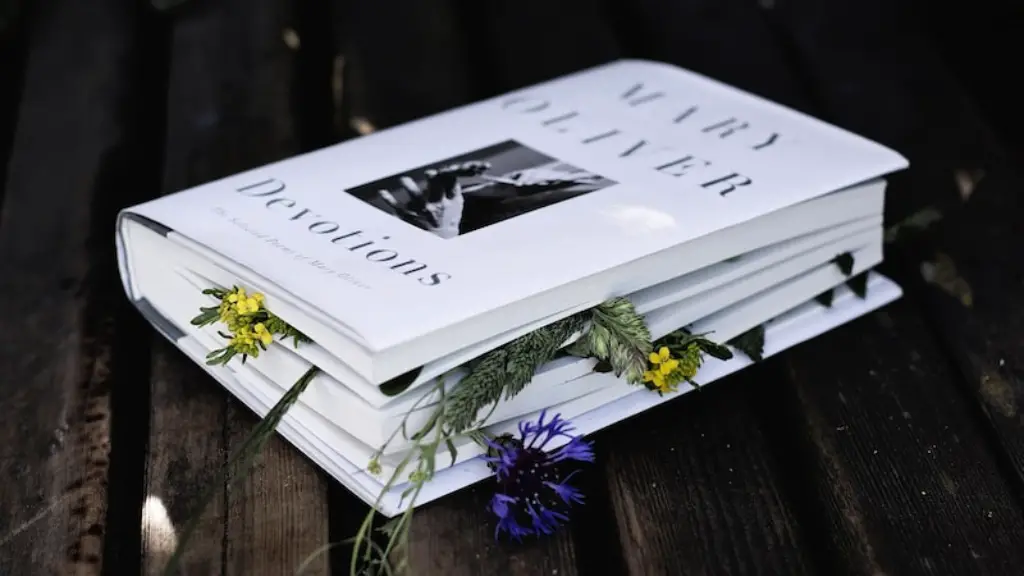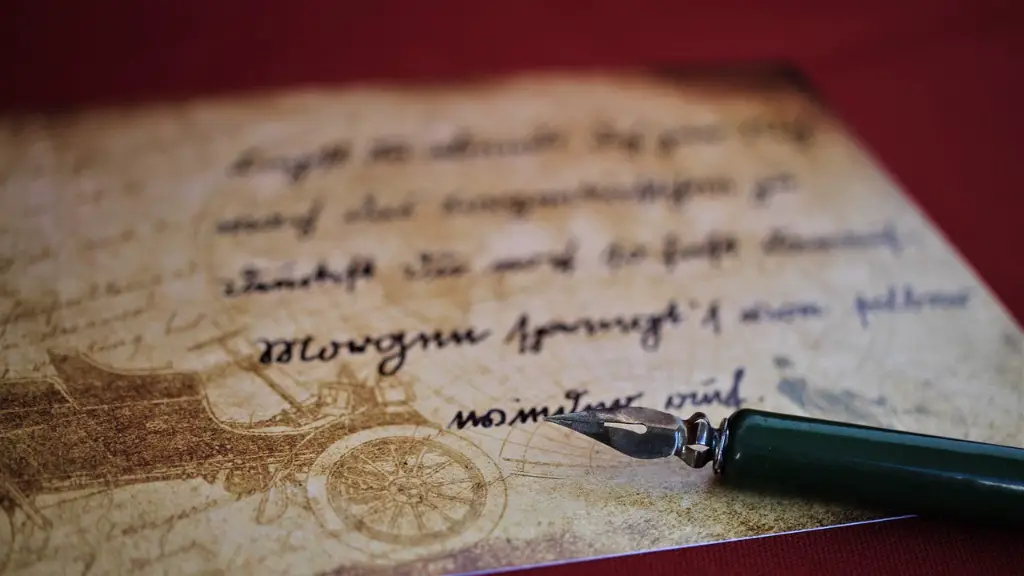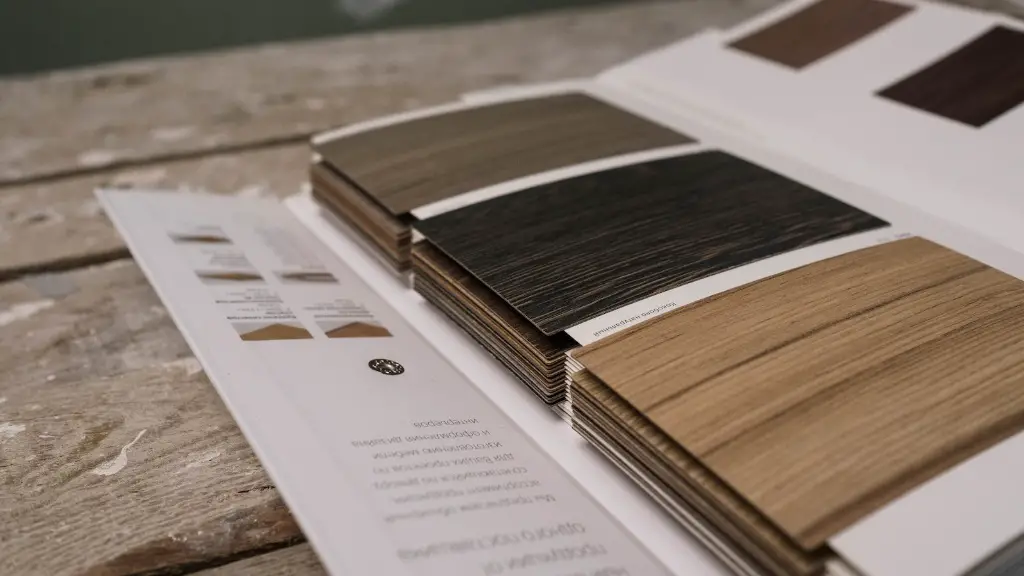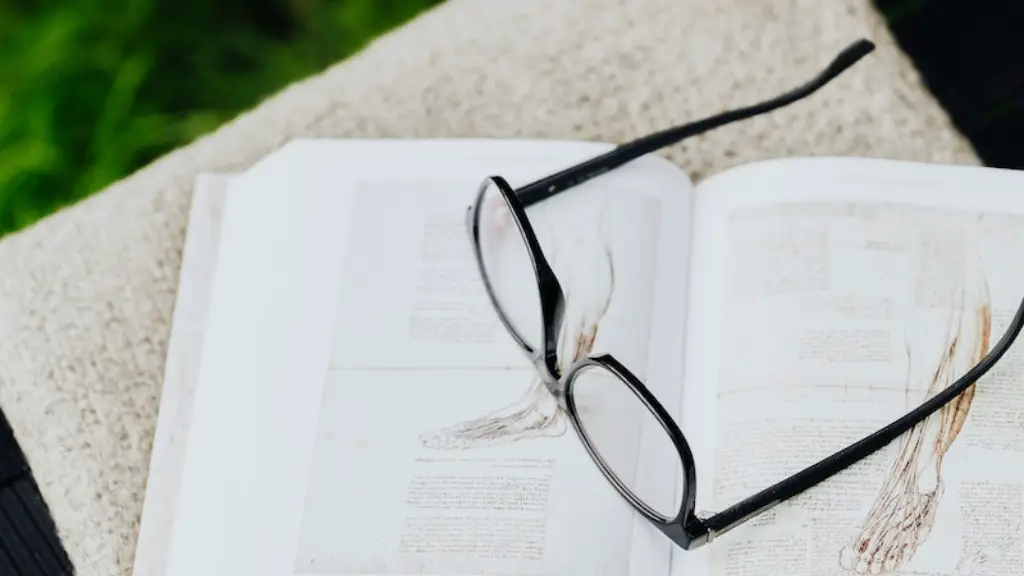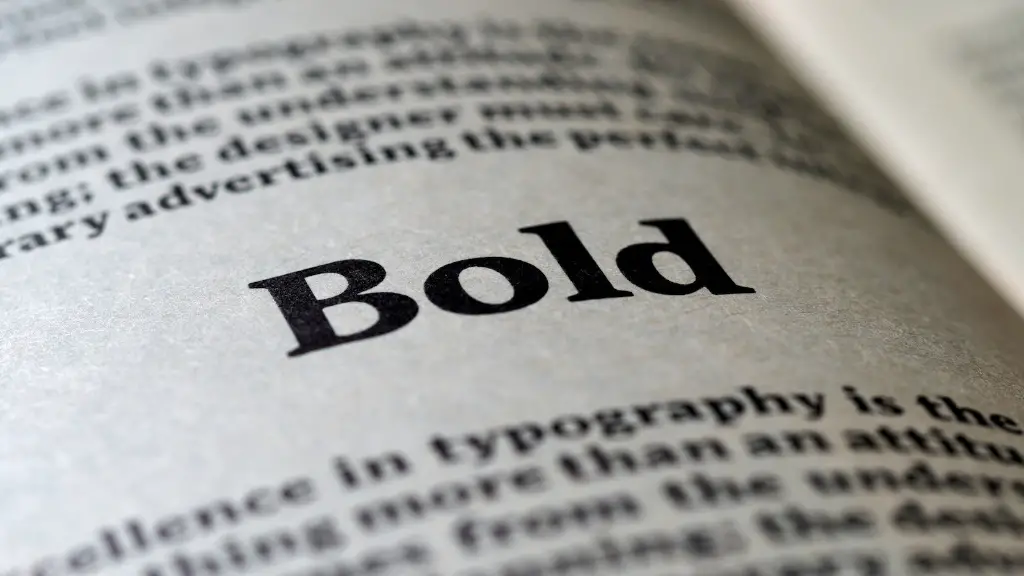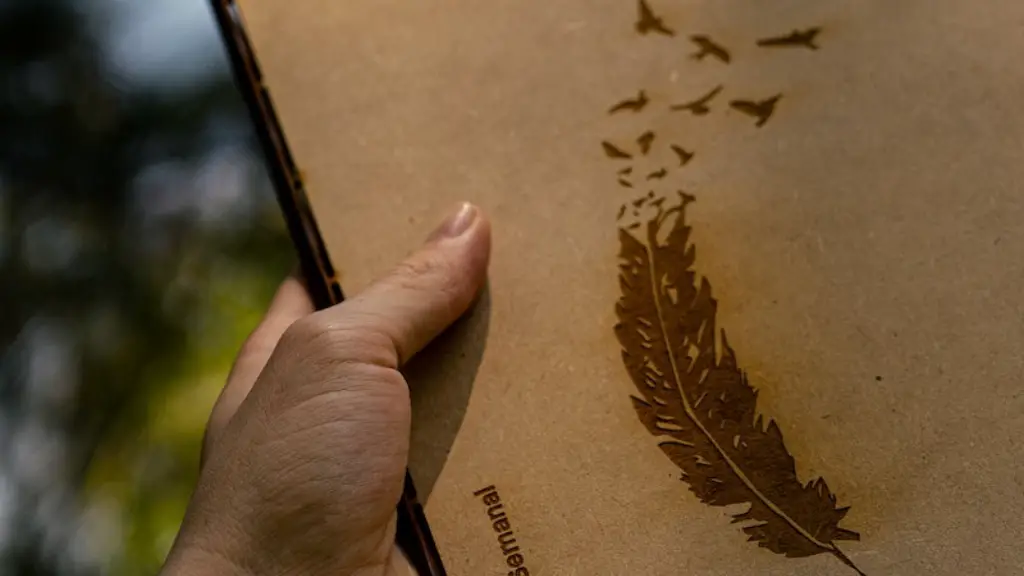The presence of robots is rapidly growing in today’s world, from automated check-out kiosks in grocery stores to robotic manufacturing and medical care. Increasingly, robots are being equipped with more than the basic programming for physical functions, and with artificial intelligence that enables them to perform actual “thinking.” An increasingly popular use of robotics technology is their application in creative works, including the question of whether robots can write poetry.
Robots have been programmed with artificial intelligence that enables them to simulate human thinking and understanding. There are certain functions – such as making decisions and complex calculations – that a robot could do that are beyond the capabilities of humans. This same artificial intelligence might be programmed to be sensitive to language and rhythm, and to be able to interact with humans in a conversational way.
There are some who argue that robots may have the capacity to write meaningful poetry that is truly art. They see robots as having the potential to generate a greater range of language than humans, with the dexterity and speed to craft works that are far superior to what humans could create. On the other hand, there are those who argue that creative writing is something that robots could never replicate. It’s commonly thought that writing requires more than merely the technical ability to process information; it requires emotion, human insight, and a certain degree of uniqueness and human imagination.
Experts in the field have been debating this subject for decades. The British computer scientist, Alan Turing proposed a test in 1950 to establish whether or not a computer could be said to “think.” In this test, human interrogators try to distinguish between whether they are talking to a robot or a human.
The Turing test has been used to assess the creative capabilities of robotic poetry-writers. In one of the earliest attempts at writing poetry by computer, “For My Valentine” was written in 1963 by its creator, the British computer scientist Christopher Strachey. While successful in demonstrating the ability for computers to generate sentences, whether it was truly poetry is a matter of opinion.
Tests since then have involved machines being tested on their ability to understand human feelings and experiences, and then to respond in kind. In 2017, researchers at the University of Aberdeen tested computer-generated poetry against “topical poems” written by humans and published in an anthology. However, the anthropomorphism required to judge the machine’s “poetic” thoughts was hard to recognize and assess given the limited number of uncontrolled variables.
Despite significant advances in artificial intelligence, no computer-generated poem has been deemed to have the same quality as a work written by a human. That’s not to say, however, that robots can’t be used to aid and inspire poets. The interactive poetry application “robopoets” uses machine learning algorithms to advise poets on word and phrase choice. Similarly, machines are used in coding of online poetry publications, allowing users to easily publish their work with the help of robotics.
Robots and Technological Development
Given the development of robotics and artificial intelligence technologies, the question of whether robots can write creative works, including poetry, is likely to continue to be hotly debated. Certainly, there is no question that robotics technologies have improved significantly in recent years. In addition to the physical capabilities of robots, their artificial intelligence capabilities have increased in leaps and bounds. The ability of robots to understand language, recognize patterns, and learn from their experiences continues to increase, driven by advances in artificial intelligence and machine learning.
This increase in the capabilities of robots has led to the development of many new applications of robotics technology. From automated manufacturing to robots that can explore deep space, robots are finding new applications every day. This has included a growing interest in the application of robotics technology in the fields of art and literature.
The potential of robots to write creative works has generated a significant amount of interest. From creative writing to music composition, researchers have begun exploring the possibilities of robots creating works that are indistinguishable from those produced by humans. This has generated a range of opinions, from those who believe robots are capable of creating artworks equal to those of humans, to those who believe such a thing is impossible.
Still, this does not stop robot-writers from continuing to explore the possibilities of robotic writing. From poetry to plays, robots are finding new ways to generate creative works. Whether this will ever produce anything that can be considered true art remains to be seen, but the potential of robots to create works that are indistinguishable from those of humans continues to increase.
Impact of Robots Writing Poetry
If robots were able to write meaningful poems, the impact would be far reaching. Critics contend that robots might be able to produce poetry that would be too complex or depressing for any human to write. Similarly, they suggest that robots might be able to bypass societal norms or taboos that prevent humans from writing certain kinds of works.
Robots would also be able to quickly generate vast amounts of material. This could mean that robots could be used in journalistic settings to quickly report on events, allowing for more accurate and up-to-date information than humans could produce on their own. Similarly, robot-generated poetry could be used to capture the moods and feelings of various events more quickly and accurately.
Robots might also be used to create works that explore difficult or taboo topics that are too sensitive for humans to explore. This could mean works that explored the perspectives of those who are marginalized or oppressed, allowing for more insight into our collective experience.
Ultimately, however, the possibility of robots writing meaningful poetry remains speculative. Given the complexity of the human mind, it is unlikely that robots will ever be able to write works that can truly be considered art. Nonetheless, robotics technology continues to advance, and with it comes the possibility of increasing exploration into the potential of robots to create works of art.
Robots and the Arts
The potential of robots to write poetry has opened up new possibilities for robots to create in other literary and artistic fields. From photography to music composition and performance, robots are being used to explore the creative possibilities of artificial intelligence.
In photography, robots equipped with sensors and algorithms are being used to create works of art that are indistinguishable from those produced by a human photographer. Similarly, robots are being used to compose and perform music, with some having shown great promise in terms of both artistic and technical ability. In fact, some would argue that automated music generated by robots is superior to what humans can produce in terms of complexity and originality.
Robots are also being used in areas such as video editing and the graphic arts. Robots are showing the potential to create works faster and more accurately than humans and with greater complexity. As artificial intelligence improves, so too does the potential for robots to explore more creative fields.
One of the most exciting possibilities of robotic creativity is the potential to explore the aesthetic possibilities of robotics technology and artificial intelligence in ways that humans cannot. This might include the exploration of more abstract concepts and philosophical questions. As robots become increasingly sophisticated, it is likely that they will be used to explore aesthetic and creative possibilities well beyond what humans are capable of doing.
The Future of Robots Writing Poetry
Robot-generated poetry is not only a possibility, but a distinct and exciting prospect. While robots have not yet been able to write meaningful and accurate poetry, advances in robotics technology have brought us closer to being able to do this. Robotic poets are exploring possibilities of creating works that are indistinguishable from those written by humans.
As robots become increasingly sophisticated, it is possible that they will be able to generate poetry that can be considered true works of art. Whether this will ever become reality remains to be seen. Still, the potential of robotic poetry is a topic that continues to excite researchers and inspire creative works.
Conclusion
The question of whether robots can write poetry is one which has been debated for decades. As robotics technology advances, this question is likely to continue to be explored. While no robot-generated poem has been deemed to have the same quality as a work written by a human, robots are increasingly being used to create works of art beyond simple poetry. Whether robots will be able to write meaningful poetry remains to be seen, but their potential is certainly fascinating.
